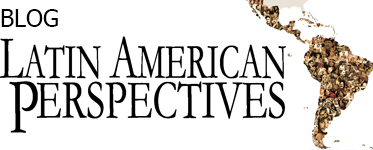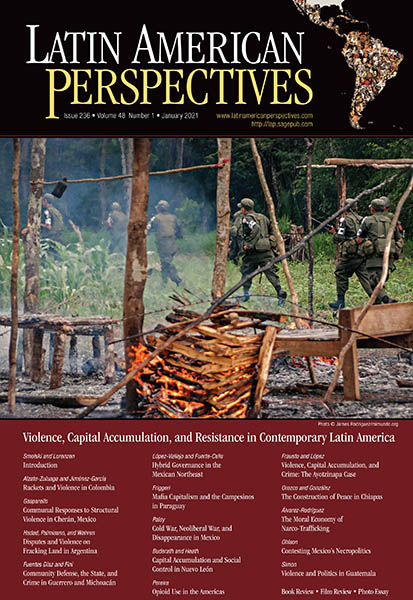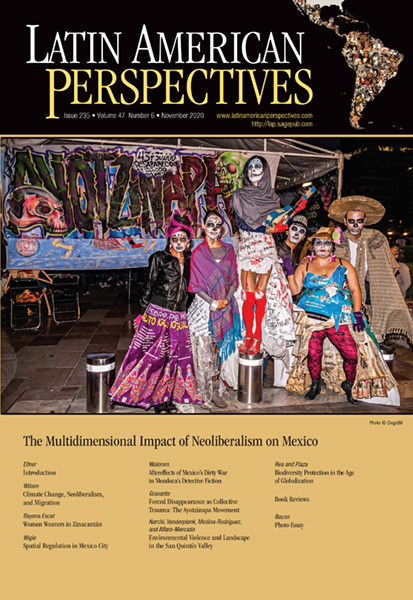Afrodescendientes in Paraguay: the 209-Year Struggle for Recognition
Political Report #1453 — Afrodescendientes in Paraguay: the 209-Year Struggle for Recognition by Valencia Wilson Introduction A glimpse of Afro-Paraguayan contributions occur through the annual Kambá Cuá festival on January 6th. Kambá refers to the Afro-Paraguayan community, and this proud community with Kenyan roots participates in this festival using vivid colors and dances. The problem is that this annual tradition consistently falls short of the recognition they deserve. In simple terms, Afro-Paraguayan activists are fighting an uphill legislative battle for Paraguay to acknowledge that they exist. Existence in the Afro-Paraguayan context means opportunities for formal, cultural education and a variety of employment opportunities; it is weaving their historical and current efforts into the national consciousness demonstrating their relevance today. The Proyecto de Ley de Reconocimiento de Afrodescendientes en Paraguay began as a blueprint. A report submitted to the UN stated that Congressional support would ensure the acknowledgement of Afro-Paraguayan contributions to its citizens. This article explores more than the history of Afro-Paraguayan contributions in historically significant black towns like Kambá Cuá, San Agustín de Emboscada de los Pardos Libres, and Kamba Kokué. It delves into an exhausting struggle for the bare minimum of being recognized for their contributions and how it has [...]




